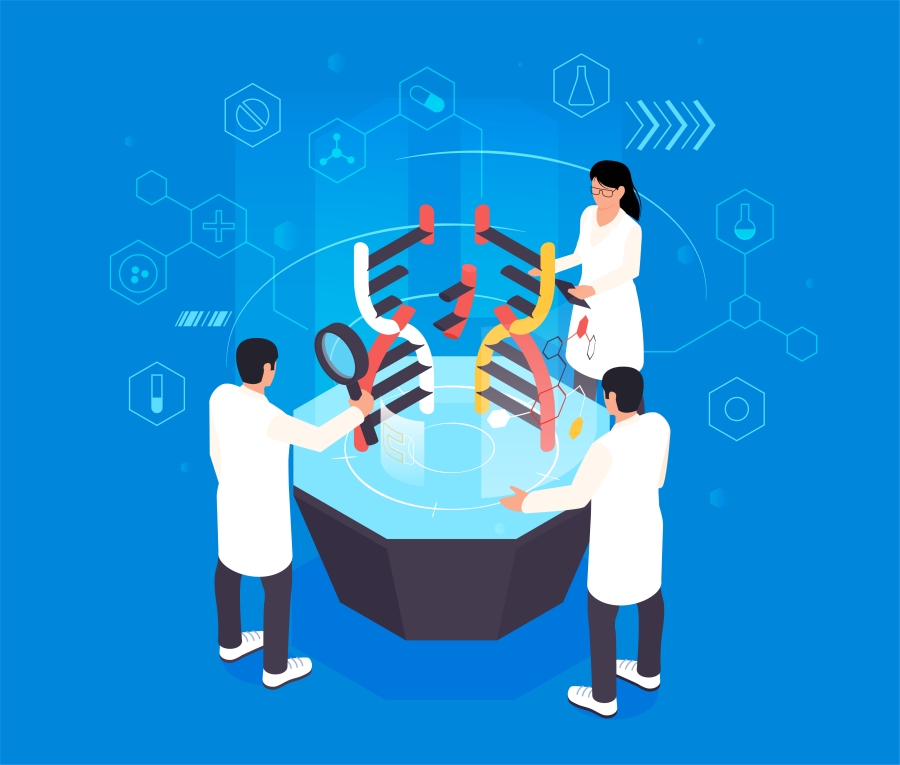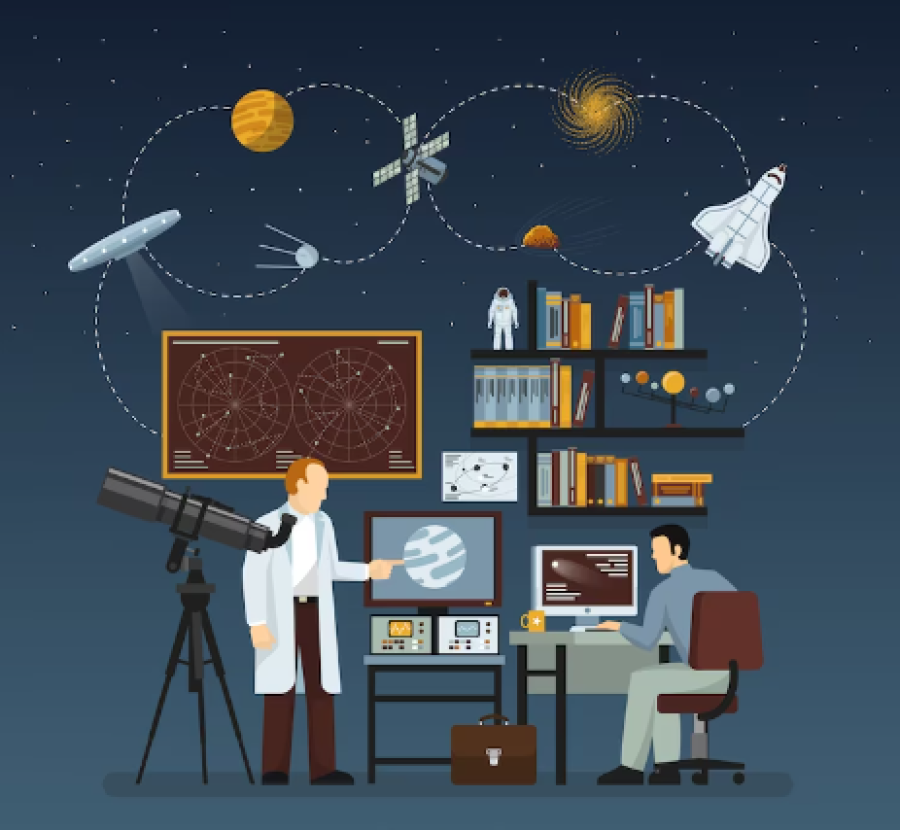Unveiling the Future: AI's Role in Genetic Engineering and Biotechnology
In the realm of science, the convergence of two groundbreaking fields, Artificial Intelligence (AI) and Genetic Engineering, is reshaping the boundaries of what we thought was possible. The marriage of AI and genetics is ushering in a new era of precision and innovation, revolutionizing gene editing, DNA sequencing, and bioinformatics. In this blog, we embark on a journey to explore the exciting intersection of AI and Genetic Engineering and its potential to transform the landscape of biotechnology.
1. Precision Gene Editing: AI's Hand in CRISPR
The revolutionary CRISPR-Cas9 technology has brought gene editing into the limelight, allowing scientists to modify DNA with unparalleled precision. However, the sheer complexity of genetics demands sophisticated tools for accurate editing. AI steps in by analyzing massive datasets, predicting potential outcomes, and optimizing the CRISPR process.
AI algorithms can predict off-target effects, reducing the risk of unintended changes and enhancing the safety of gene editing. This synergy between AI and CRISPR paves the way for targeted treatments of genetic diseases, personalized medicine, and unlocking the mysteries of our DNA.
2. Decoding DNA: AI's Contribution to DNA Sequencing
The decoding of our genetic blueprint, DNA sequencing, is a monumental task that generates vast amounts of data. AI plays a pivotal role in managing and interpreting this data, making DNA sequencing more efficient and insightful. Machine learning algorithms can detect variations, mutations, and patterns in DNA sequences that might elude human analysis.
By accelerating the DNA sequencing process and uncovering hidden genetic markers, AI helps researchers understand diseases at a molecular level, leading to more accurate diagnostics and personalized treatment strategies.
3. Bioinformatics Brilliance: AI's Insights into Complex Data
Bioinformatics, the fusion of biology and data science, is where AI truly shines. Handling complex biological data, such as genomic sequences, protein structures, and metabolic pathways, requires sophisticated analysis. AI algorithms can mine this data to identify correlations, predict protein structures, and simulate biological processes.
From drug discovery to agricultural advancements, AI-driven bioinformatics enhances our understanding of biological systems and accelerates scientific breakthroughs. By extracting knowledge from data that would be insurmountable for humans alone, AI propels us towards more informed decision-making and innovative solutions.
4. Ethical Considerations and Future Prospects
As AI and genetic engineering push the boundaries of science, ethical considerations arise. The potential to "design" humans, alter traits, or manipulate ecosystems brings forth questions about the responsible and ethical use of these technologies. Striking a balance between scientific progress and ethical considerations is paramount as we navigate this uncharted territory.
Conclusion
The fusion of AI and Genetic Engineering is more than just a scientific partnership; it's a revolution that promises to transform biotechnology as we know it. The precision of gene editing, the efficiency of DNA sequencing, and the depth of insights from bioinformatics are all enhanced by the power of AI. As we stand at the cusp of this exciting frontier, we must tread carefully, guided by ethics and responsibility, as we harness the potential of AI to unlock the secrets of life itself.






Comments (0)